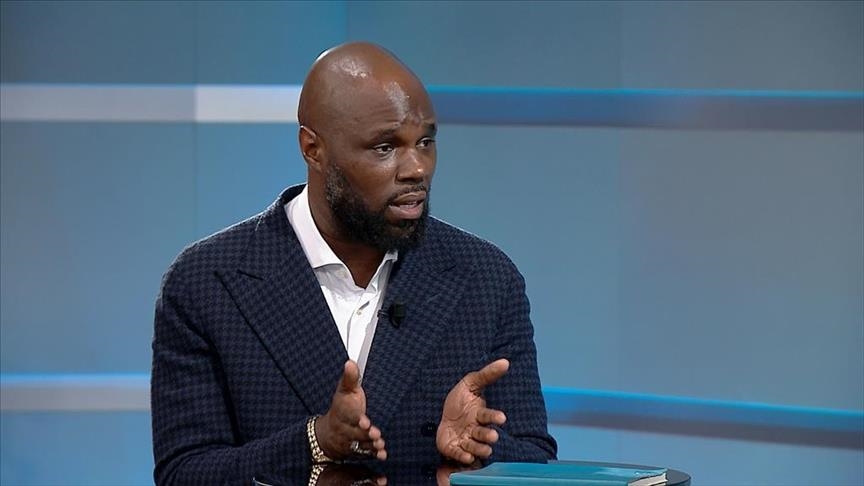
As Benin approaches its pivotal 2026 general elections, Ambassador Dr. Théodore C. Loko, a prominent lecturer, researcher, and retired diplomat, has issued a profound open letter to the nation’s presidential candidates.
His letter, which emphasizes political responsibility, national memory, and the need for a renewed social contract, serves as a call for reflection and introspection on the future direction of the country.
In the letter, Ambassador Loko urges candidates to move beyond mere electoral promises and to embody a deeper understanding of Benin’s political culture, urging them to combine competence with conscience to restore the true essence of democracy.
His message reflects a call for a more ethical and inclusive political landscape as the country prepares to vote.
Loko begins his open letter by reflecting on Benin’s democratic journey since its independence in 1960.
He writes, “This democratic exercise, which many other peoples envy us, must not be reduced to a simple electoral competition.
It represents a test of maturity for our nation and a test of loyalty to the values that form the basis of our living together.” He challenges both candidates and voters to consider the long-term implications of their choices and the need to strengthen the country’s democratic foundations.
The ambassador recalls Benin’s turbulent past, including years of instability and political turmoil, which shaped the nation’s relationship with politics.
He stresses the importance of acknowledging this history to avoid repeating the mistakes of the past.
“This memory must not be denied—it must be embraced, so as not to reproduce it again,” he states.
Loko highlights the transformation that occurred after the 1972 revolution under General Mathieu Kérékou, where the state assumed an ideological role in shaping citizens’ consciousness.
However, he notes that while national pride was restored, the period blurred the line between civic education and political indoctrination.
The ambassador praises the 1990 National Conference, which marked a turning point for Benin’s democracy. “At the National Conference, the people spoke again.
This founding moment was a collective political socialization: everyone learned that to govern is not to reign, and that to obey does not mean to remain silent.”
This led to the adoption of the 1990 Constitution, which redefined the role of the state as one that serves the people, not rules over them.
In his open letter, Loko also discusses the role of civil society in sustaining democracy, noting the significant contributions of trade unions, NGOs, and community associations.
However, he warns that the state’s role as a regulator is crucial for maintaining balance and protecting democratic values. “One cannot exist without the other,” he writes.
Looking to the future, Loko points to the unfinished work of decentralization.
He calls on candidates to address the gaps in local governance, which remain underfunded and inadequately supported.
“Beninese democracy will not grow in the air-conditioned offices of Cotonou, but in the neighborhoods, schools, markets, and fields of the country’s heartland,” he asserts.
He also highlights the importance of education and the media in shaping a democratic consciousness. Both institutions, he argues, are underfunded and face challenges that hinder their ability to properly educate citizens and foster free public debate. “Without quality political education and free and responsible information, no public policy will be able to produce the national cohesion we hope for.”
Ambassador Loko concludes by urging the candidates to reject divisive rhetoric and empty promises. He calls for a campaign that is an educational space for democracy, where young people learn the values of respect, truth, and service. He reminds them that the political culture they transmit today will shape the future of the country.
“The real issue in the upcoming elections is not who will win, but which political culture will triumph: that of closed power, or that of open citizenship,” he writes. Loko calls on the candidates to forge a new social contract—one based on shared responsibility, humility, and empowerment of the people.
As Benin prepares for its 2026 elections, Ambassador Loko’s open letter resonates as a clarion call for a deeper commitment to the values that define true democracy. His message urges the nation to choose leaders who will combine competence with conscience, efficiency with solidarity, and politics with ethics, for the benefit of all Beninese citizens.



